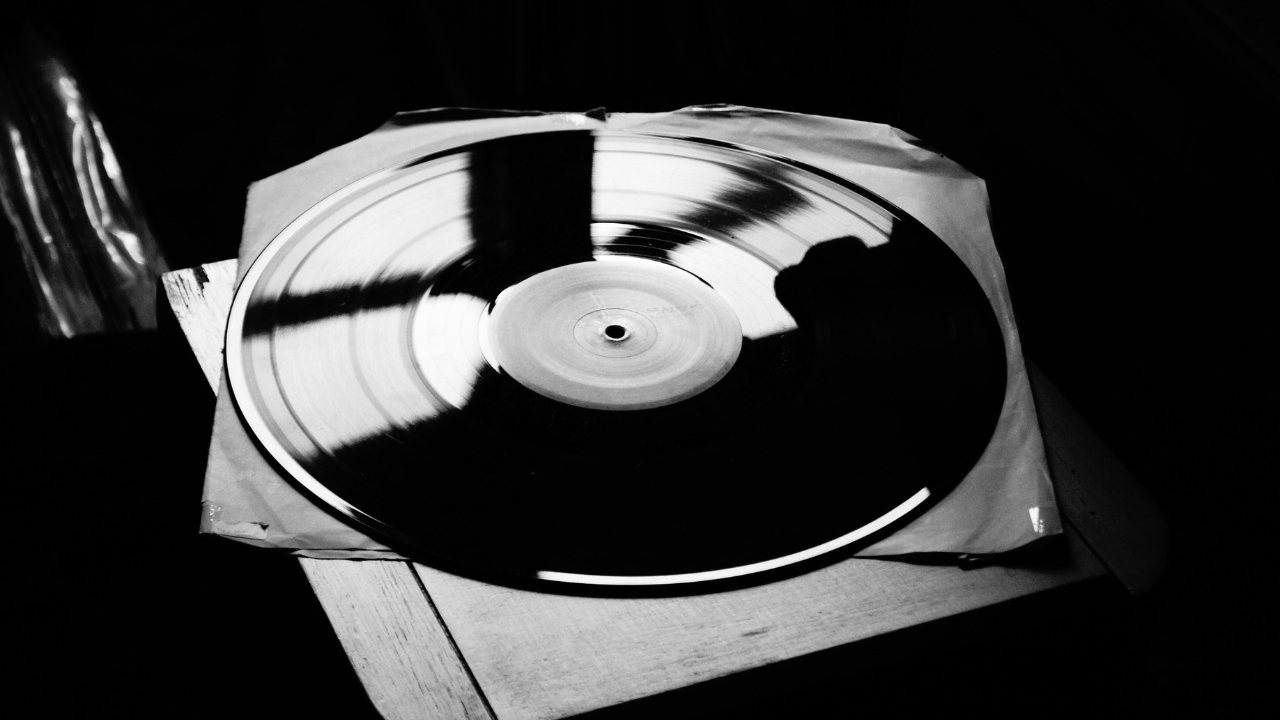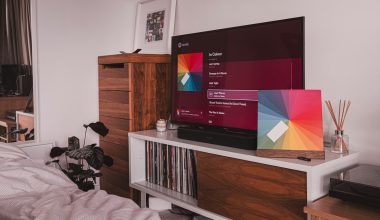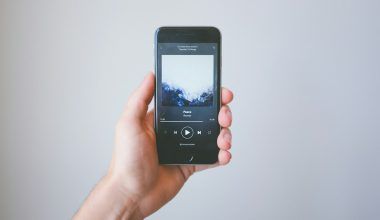Have you ever made something special, like a song, a painting, or a story, and worried that someone might steal it? Copyright is here to save the day! Copyright is like a shield for your creative work. It gives you the power to say, “This is mine!” and stop others from using it without your permission.
In this guide, we’ll break down everything about copyright in a way that’s super easy to understand. Whether you’re a singer, a writer, or just someone curious about protecting their ideas, this is the only guide you’ll need. Let’s dive in!
What Exactly Is Copyright?
Imagine you wrote a song or drew a beautiful picture. Wouldn’t it be unfair if someone copied it and claimed it as theirs? Copyright makes sure that doesn’t happen. It’s a legal right that protects your original work, like music, art, writing, and more.
When you own a copyright:
- You control your work. No one can use it without asking you first.
- You earn from your work. If someone wants to use your creation, they might need to pay you.
- You protect your creativity. If someone copies your work, you can take legal action.
How Can I Get a Copyright for My Work?
Getting a copyright may sound complicated, but trust me, it’s much easier than you think! Here’s a simple step-by-step process:
Step 1: Make Something Original
The first thing you need is an original piece of work. It can be a song, a painting, a story, or even a video. But remember, it has to be YOUR creation. Copyright only protects original works, not copies.
Step 2: Fix Your Work in a Tangible Form
This means your work should be recorded or saved somewhere. For example:
- Write your song lyrics in a notebook or type them on a computer.
- Record your music on your phone or a computer.
- Save your digital art as a file.
As soon as your work exists in a form that can be seen or heard, it’s eligible for copyright.
Do I Need to Register My Copyright?
Here’s some good news: In many countries, including India, the US, and the UK, your work is protected by copyright the moment you create it. You don’t have to do anything special for this basic protection. Amazing, right?
But there’s a catch! If you ever need to prove in court that the work is yours, having an official registration makes it MUCH easier. That’s why registering your copyright is always a good idea.
How to Register a Copyright
Now, let’s talk about the actual process of registering your copyright. It’s not as scary as it sounds. Follow these simple steps:
Step 1: Check Your Country’s Copyright Office
Every country has its own copyright office. Here are a few examples:
- India: Copyright Office of India
- United States: U.S. Copyright Office
- United Kingdom: UK Intellectual Property Office
Step 2: Fill Out a Form
Most copyright offices let you fill out a form online. You’ll need to provide details like:
- Your name and contact information
- The title of your work
- The type of work (music, painting, etc.)
- When you created it
Step 3: Submit Your Work
You’ll need to upload a copy of your work or send it physically. This could be a file, a recording, or even a manuscript.
Step 4: Pay the Fee
There’s a small fee for copyright registration. Here are some examples:
- India: ₹500–₹5,000 depending on the type of work
- US: $35–$85
- UK: £35–£85
Step 5: Get Your Certificate
Once the copyright office reviews everything, they’ll send you a copyright certificate. Ta-da! You’re officially the owner of your work.
Why Should You Register Your Copyright?
While it’s true that your work is automatically protected, registering it has many advantages:
- Proof of Ownership: If someone claims your work as theirs, you’ll have solid evidence.
- Legal Protection: You can sue someone who uses your work without permission.
- Monetary Benefits: You can license your work and earn royalties.
Copyright for Musicians, Artists, and Writers
If you’re an artist, musician, or writer, copyright is your best friend. Here’s how it helps in different fields:
For Musicians:
- Lyrics and Composition: Copyright protects your words and melody.
- Recordings: If you’ve recorded a song, it’s protected separately.
- Streaming and Royalties: Copyright ensures you earn money when your music is played.
For Writers:
- Stories and Articles: Copyright covers your written content.
- Published Books: Once your book is published, it’s automatically copyrighted.
For Artists:
- Paintings and Digital Art: Copyright keeps your designs safe.
- Sell or License: You can sell prints or give others permission to use your art for a fee.
Can Someone Steal My Work Online?
Unfortunately, yes. The internet is a vast space, and sometimes people copy others’ work. But don’t worry—you can take steps to protect your work:
- Watermark Your Work: Add a small logo or text to your photos or videos.
- Use Copyright Notices: Write “© [Your Name] [Year]” on your work.
- Monitor Online Use: Search for your work online to check if someone is using it without permission.
If you find your work being misused, you can:
- Politely ask the person to take it down.
- File a DMCA (Digital Millennium Copyright Act) notice with the platform hosting your work.
- Take legal action if needed.
Misunderstandings About Copyright
Let’s clear up some common myths about copyright:
- Myth: I don’t need copyright if my work is online.
- Truth: Just posting online doesn’t protect your work. You still need copyright.
- Myth: If I change a little, it’s not stealing.
- Truth: Even modified versions can infringe on copyright.
- Myth: Copyright lasts forever.
- Truth: Copyright usually lasts for the creator’s lifetime plus 60 years, but it varies by country.
How Deliver My Tune Can Help You
If you’re a musician, managing copyrights, royalties, and distribution can feel overwhelming. Platforms like Deliver My Tune make it super simple by offering:
- Easy copyright management
- Distribution to 100+ platforms like Spotify and Apple Music
- Royalty collection and tracking
FAQs About Copyright
1. How long does copyright last?
In most countries, it lasts for your lifetime plus 60 years.
2. Can I copyright an idea?
No, copyright only protects tangible creations, not ideas.
3. Is copyright registration expensive?
No, it’s usually affordable and varies by country.
4. Do I need a lawyer for copyright?
Not necessarily. The registration process is simple and can be done online.
Conclusion: Protect Your Work Today!
Copyright is essential for protecting your hard work and creativity. Now that you know how to get a copyright, you’re ready to secure your creations and enjoy the benefits of ownership. Don’t wait—take that step today and give your work the protection it deserves!
Related Articles:
For further reading, explore these related articles:
- Unlocking the Joy of Prime Music Subscription: Your Ultimate Guide
- What Does “In Review” Mean in the Music Industry?
For additional resources on music marketing and distribution, visit Deliver My Tune.






